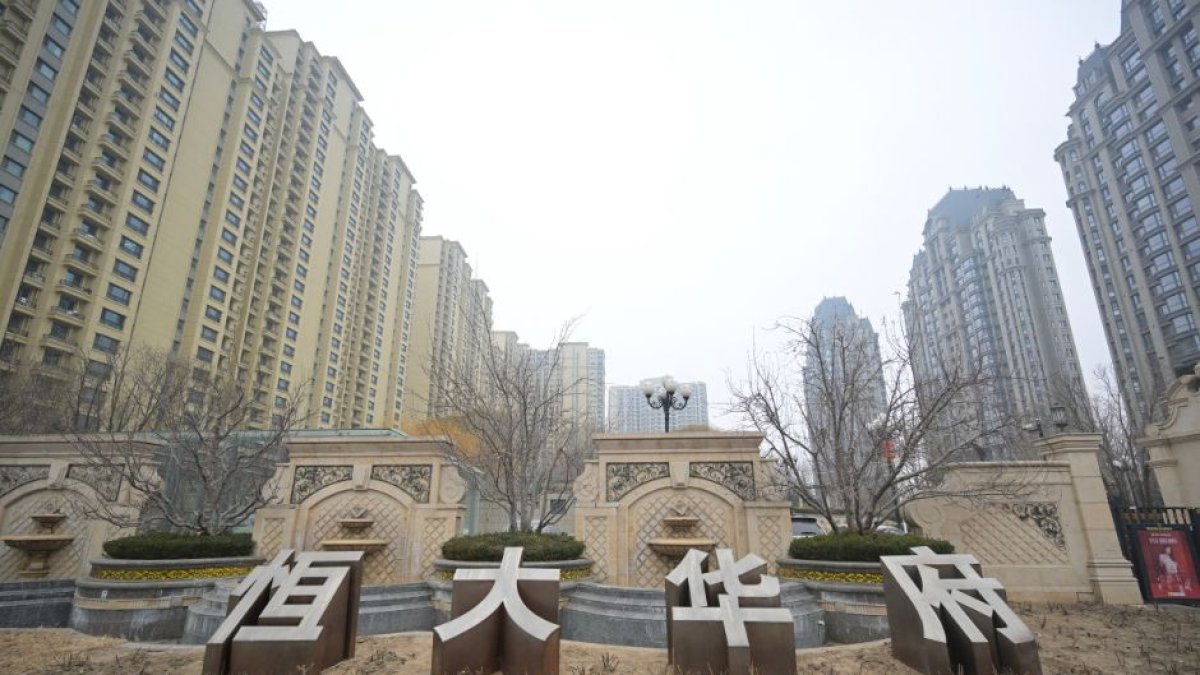The Chinese government will ban the former chairman of Evergrande from trading on the stock market
Xu Jiayin was responsible for driving China's largest real estate developer to $300 billion in debt through "particularly outrageous means."

(Evergrande - PEDRO PARDO / AFP)
The Chinese Securities and Exchange Regulatory Commission (CSRC) plans to ban Xu Jiayin, former chairman of Evergrande, for life from trading on the stock market. In addition to this sanction, Chinese authorities could also impose a heavy fine on the head of the Chinese real estate giant.
Representatives from an Evergrande subsidiary company, Hengda Real Estate, advanced this resolution to several media outlets, including Chinese state-owned television stations. According to this source, the CSRC "plans to rule in favor of a lifetime ban for Evergrande chairman Xu Jiayin."
According to the same Hengda Real Estate statement, former president Xu Jiayin "organized the implementation of financial fraud, using particularly outrageous means and under particularly serious circumstances."
The Chinese government is trying to clean up the company from within after it accumulated astronomical debt with creditors. The communist state intervened in the country's largest real estate developer and completely reshuffled its upper management, which it holds responsible for the debt.
Liquidation of Evergrande
At the end of January 2024, Hong Kong courts ordered Evergrande to be liquidated to deal with $300 billion in debt. The aim of Judge Linda Chan, who made the order, was to best protect the Chinese company's creditors.
At the time, Evergrande's management assured that the court's decision would not affect its operations, which it intends to continue as normal in China. As of 2022, Evergrande had about 70,000 employees worldwide.
Hong Kong is a Chinese territory that has semi-autonomous rule, with a more liberalized economy, a government and a judiciary that enjoy a certain degree of independence from mainland China. For this reason, it remains to be seen how Judge Linda Chan's decision will be implemented in the rest of the country.
The Achilles heel of the Chinese economy
China, the world's second largest economy, has been in a period of slowdown and decline that is typical of mature economies for several years. In 2024, the country is no longer in a developing stage. The forecast reports of the International Monetary Fund (IMF) for the country for 2024 confirm this.
According to forecasts, China's gross domestic product (GDP) growth will stand at 4.6% in 2024, four tenths above initial estimates. Evergrande played a relevant role in this slowdown, due to the importance of the real estate sector in China. Exports, which are the other major pillar of the economy, also fell in 2023 for the first time in seven years.

























